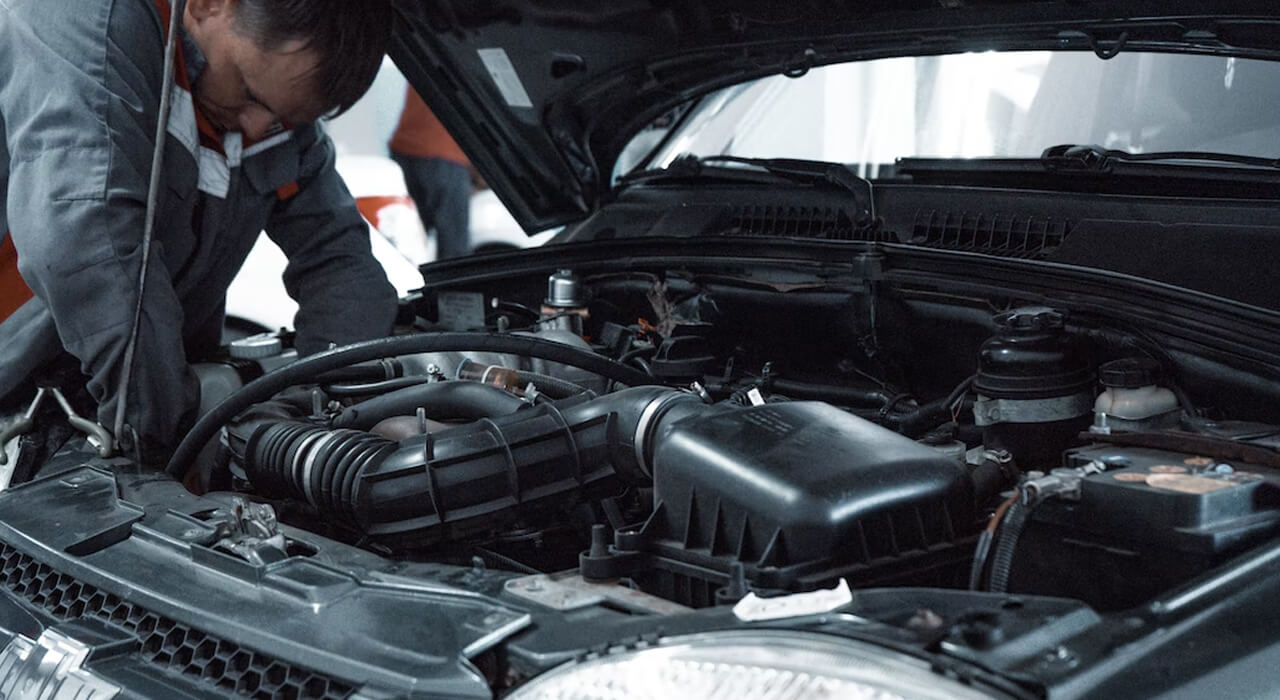Driving a vehicle is a part of daily life for people all around the world. However, receiving your driver’s license is a major responsibility. As a driver, you are responsible for keeping yourself and others safe on the road, but this responsibility does not stop with simply avoiding accidents.
All drivers have a responsibility to handle preventative maintenance on their vehicle to ensure it stays safe for use on the road.
What is Preventative Maintenance?
For those unfamiliar with the term, preventative maintenance just refers to the regular and routine maintenance of a vehicle to ensure it’s operating at peak efficiency. Preventative maintenance can include a slew of tasks ranging from tire rotations, battery replacement, brake tune-ups, fluid top-offs, and much more. Most owner manuals come with a recommended maintenance schedule included, but people often neglect to take their vehicles in.
5 Notable Benefits of Preventative Maintenance
There’s no question that taking care of preventative maintenance will cost a driver both time and money in the short term. However, there are a number of crucial benefits to handling preventative maintenance that makes handling tasks worth it. The most prominent of these include:
Suggestion: Can You Cancel Car Insurance At Any Time? Read Our Experts Guide
- Major problems can be spotted earlier on
Perhaps the largest benefit of preventative maintenance is the fact that it allows mechanics to identify larger problems before they become serious issues. For example, you may take your vehicle in for its routine 20,000-mile check-up, and a mechanic may notice that your timing belt has become loose. If this hadn’t been spotted and repaired, it could have been catastrophic.
- Money can be saved on auto repairs
No car warranty lasts forever and when it expires, the driver is responsible for any repair costs associated with the vehicle. This means that costly issues such as engine repair, transmission replacement, radiator replacement, and more will all fall on a driver’s wallet. However, preventative maintenance can reduce the risk of these repairs being needed for a long time, which can save a person money.
- Auto repairs can be completed quicker than normal
Naturally, one car repair task will be completed quicker than five tasks. By going into the shop regularly, you can keep the parts under the hood of your vehicle fresh which will allow future repair tasks to be smaller in number and quicker in time.
- Your car will maintain a higher value
While selling your vehicle may not currently be on your mind, preventative maintenance can help keep the value of your car higher than normal. The fewer issues your vehicle has had over the years will only serve to bolster the potential resale value should you determine that you wish to sell.
- You will get more use out of your vehicle
On the opposite side of things, taking care of preventative maintenance will also help ensure you are driving your vehicle for years to come. Taking on new car payments isn’t something many people want, especially considering how high prices currently are, so having your vehicle last for years can save you a lot of money.
Recommended Preventative Maintenance Tasks
While preventative maintenance only helps with breakdowns and can’t help assist in the event of a car accident on the road, it’s still worth handling the matters. For those who don’t have a large amount of free time on their hands, however, here are the big-ticket preventative maintenance tasks to take care of:
- Replace your car battery every five to seven years depending on your vehicle
- Replace your oil every 7,500 to 10,000 miles
- Rotate your tires every 5,000 to 7,500 miles and replace your tires every six years
- Replace headlight bulbs after 2,000 to 3,000 hours of use
- Replace brake pads and shoes after 30,000-35,000 miles, and consider replacing brakes after 60,000 miles
- Check your windshield wiper fluid reservoir once a month and replace it at least every six months to twelve months
- Change transmission fluid between 30,000 to 60,000 miles
The Bottom Line
Keeping your vehicle road-ready is about more than changing your oil and air filter. Cars are complex pieces of machinery, and even a single part breaking can have a cascading negative effect on the rest of the vehicle. Take your vehicle in at the recommended point in time so that it can be serviced by a certified mechanic. By doing so, you can have peace of mind on the road that you are saving both time and money while ensuring your safety.





